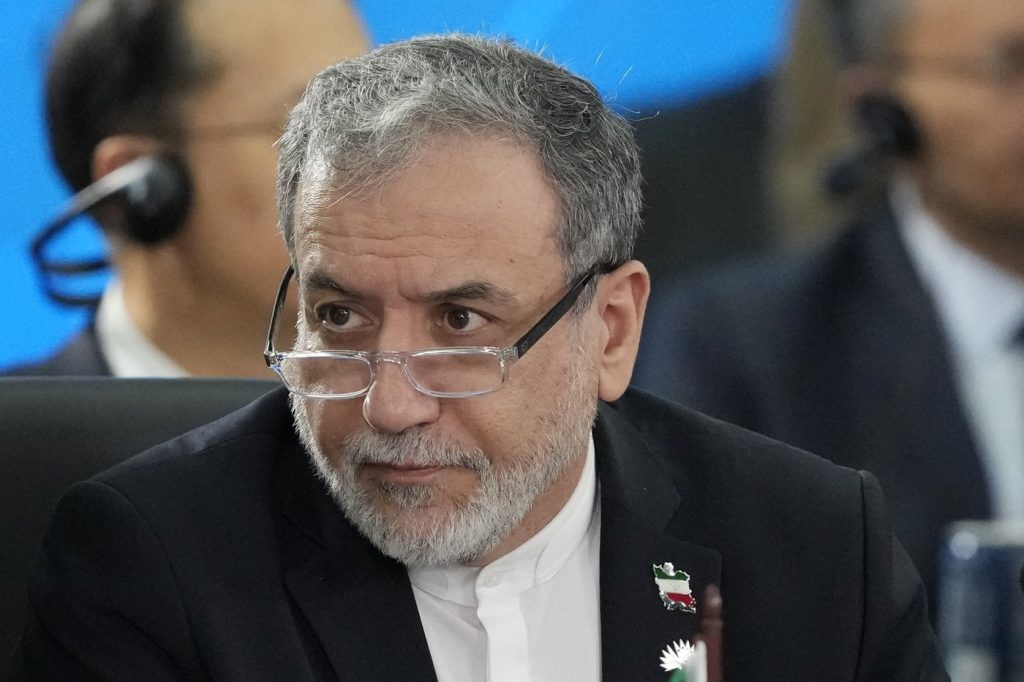Iran's Foreign Minister Abbas Araghchi announced on Saturday that the country would be open to resuming nuclear talks with the United States, provided there are guarantees against further military actions. In a speech directed at foreign diplomats based in Tehran, Araghchi emphasized Iran's readiness to negotiate over its nuclear program, but highlighted the need for assurances to prevent any escalation into conflict. “Assurance should be provided that in case of a resumption of talks, the trend will not lead to war,” he stated.
Araghchi referred to the recent 12-day bombardment by Israel targeting Iran's nuclear and military facilities and a U.S. strike that occurred on June 22. He asserted that if the U.S. and other parties are seriously interested in dialogue, they must first provide “a firm guarantee that such actions will not be repeated.” Araghchi pointed out that recent attacks on Iran's nuclear facilities have complicated the pathway to a negotiated settlement.
Following these military strikes, Iran halted its cooperation with the United Nations' nuclear watchdog agency, leading to the withdrawal of international inspectors. Araghchi explained that Iran would respond to the agency's requests for cooperation on a “case-by-case” basis that aligns with the nation’s interests. Furthermore, he insisted that any inspections should address Iran's security concerns, emphasizing the seriousness of potential risks linked to the proliferation of radioactive materials and leftover munitions from previous conflicts in the targeted nuclear sites.
In addition, Araghchi reiterated Iran's commitment to continuing the enrichment of uranium on its territory, a point of contention with U.S. policy. Former President Donald Trump has firmly opposed any form of uranium enrichment in Iran. Israel asserts that its military actions are justified by the belief that Tehran is close to developing a nuclear weapon. However, U.S. intelligence assessments and findings from the International Atomic Energy Agency (IAEA) have indicated that Iran last maintained an organized nuclear weapons program in 2003. Although Tehran has been enriching uranium up to 60%, a figure that is just a technical step below the weapons-grade level of 90%, concerns over its nuclear ambitions continue to persist.
Further complicating matters, Iranian President Masoud Pezeshkian, in an interview published on Monday, indicated that the U.S. airstrikes have caused significant damage to Iran's nuclear facilities, making it difficult for Iranian authorities to assess the extent of the destruction. This situation adds another layer of complexity to the already fraught relationship between Iran and the U.S., as well as with other stakeholders in the region.











